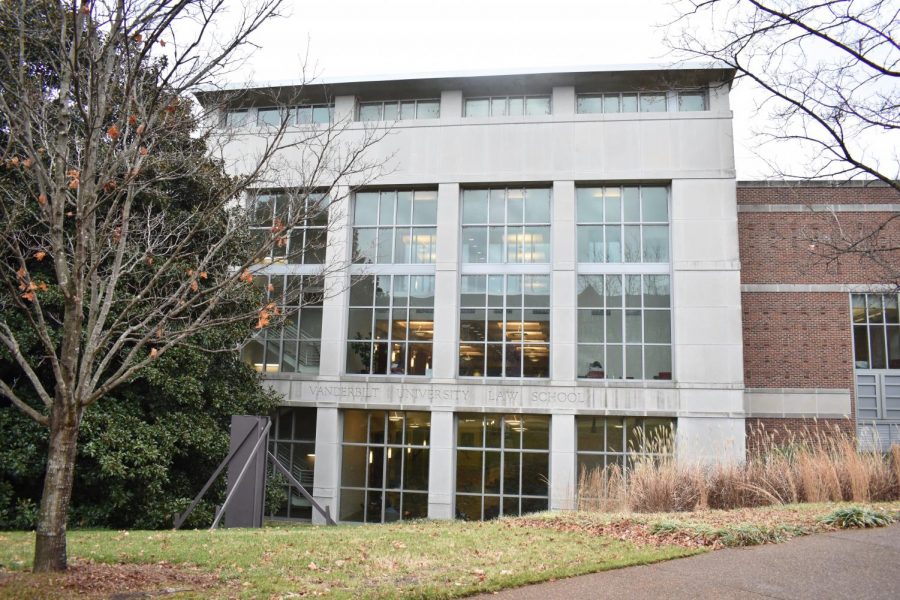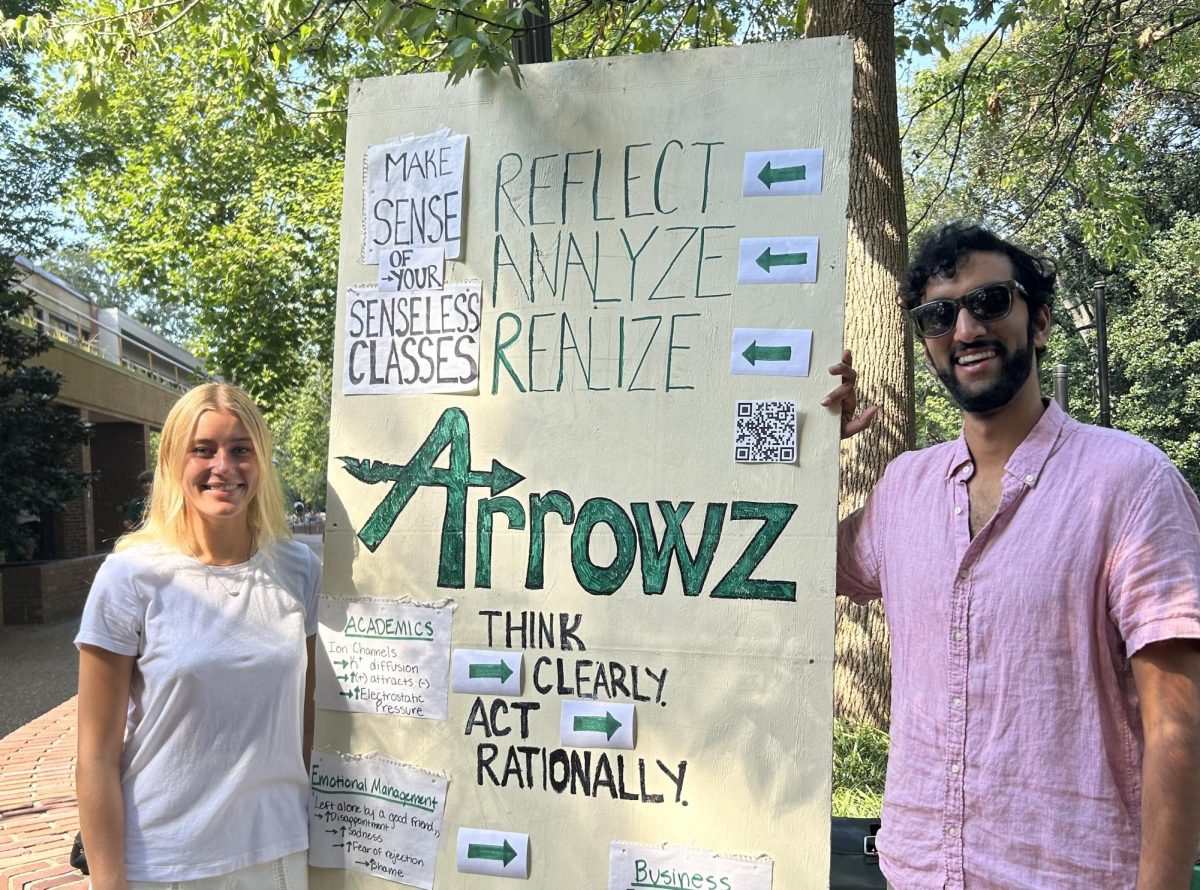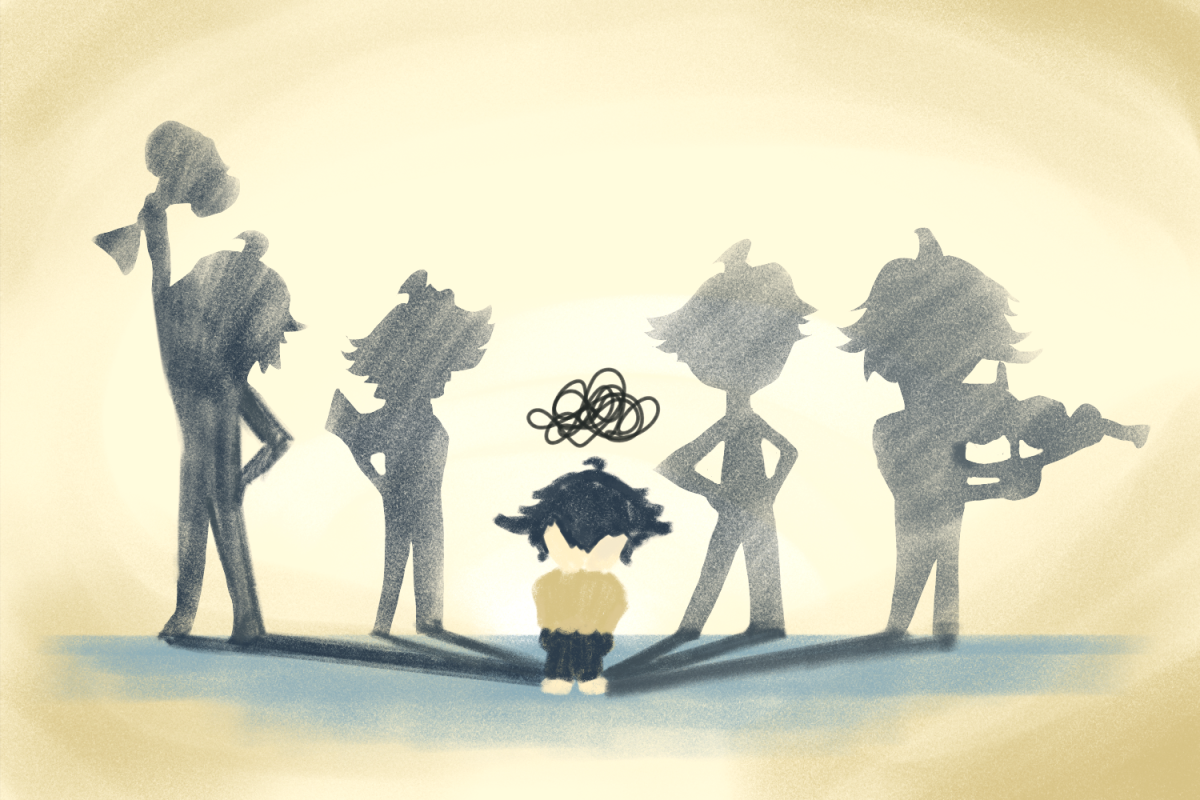As a kid, I always counted down the days until the start of summer break. The last week in late June was filled with activities I loved: cleaning out my desk and locker, saying goodbye to my teachers and hanging out with my friends during class after we finished the curriculum. Days were spent at summer camp, on trips to Grandma’s, walking on beaches and visiting friends. There was something magical about summer being so go-with-the-flow and carefree.
As I got older, the summer break I knew and loved morphed into something quite different.
In college, there is immense pressure to have the “perfect summer.” That “perfect summer” no longer includes making friendship bracelets and working on a tan. A “perfect summer” becomes one in which you score the ideal internship and make significant strides to advance your career. The Vanderbilt Career Center does a great job providing insight into the offerings of each industry, yet leaves the recruiting timeline a bit hazy. The Carey Business School at Johns Hopkins breaks down the summer internship recruitment schedule by industry. For example, they say that consulting applications typically open in early October and close in January. For students seeking experience in finance, many Finance Leadership Programs have deadlines in September and October. If technology is more your speed, many well-known companies like Google and Amazon will begin their recruiting process as early as September. Keep in mind, these are the deadlines, preparation and the actual application process would fall during the summer for many of these positions.
The bottom line is that most industries require students to begin applying as many as 10 months before their intended start date. To make it worse, just because you started the process early does not mean you are off the hook. Going through various rounds of interviews is a grueling process that can take several months. Additionally, just because you make it through multiple rounds of interviews, your position is not secured. For potential applicants, this pressure is piled on top of normal schoolwork, work and daily life responsibilities.
Yes, internships and summer jobs provide invaluable professional experience and expose students to potential career paths. I believe that the best way to determine if a career is right for you is to give it a try. Doing so will allow you to learn the day-to-day activities the job would entail and even understand the less glamorous aspects not apparent in the job description. Additionally, hands-on experience in the field will enhance students’ resumes and provide material to discuss during interviews.
However, internships are not all created equally. Many internships are achieved through connections and/or are unpaid. Expecting all students to be able to have an internship over the summer rejects the reality that not all have the resources to do so. Many internships are offered in-person but are unpaid, putting low-income students at a disadvantage. Additionally, many students are able to score internships through connections, for some students, finding the right connections in the first place can be hard enough.
How can students earn money to pay for food and clothing and gain experience at the same time?
Many students do not have the luxury of being able to lose money during their internships to costs such as transportation and even relocation or housing. For most of us, it is not feasible to work the entire summer without making any money. Even if offered a prestigious, resume-boosting opportunity, the need to earn money for food, clothing, family support and even tuition leaves some students unable to accept. Unpaid opportunities exploit the phenomenon of a “perfect summer,” knowing there will always be students eager for an internship whether they are being paid or not.
Is the internship route right for every student? Is it more valuable for some students to take the summer for themselves?
The goal of a break from classes for the summer is to allow students to relax: no exams, no papers, no classes. The mental strain and burnout students endure throughout the semester is enough to warrant this time to just recover. As a society, we have experienced a sharp increase in anxiety and depression—especially at the height of the COVID-19 pandemic. Mental health can be a low priority during the school year, especially during a pandemic when maintaining our physical health is crucial. Students at Vanderbilt pleaded and petitioned for rest days—which were halfheartedly addressed with less than satisfactory in-class reading days.
For many students, taking the summer to decompress and mentally prepare for the next school year may be their best choice. The internship-school-internship cycle disregards students’ time to relax and may worsen their performance the next school year.
With the pressure to have a resume full of experience in your field of interest, what will employers think if they see you decide to take the summer for yourself? Would this negatively impact your chances of getting an internship or job when you’re ready? What about working a job that doesn’t necessarily align with your intended career path but is a source of income for the summer?
In high school and college, working jobs such as a lifeguard, instructor, or camp counselor are extremely common. The work isn’t intellectually demanding in the same way as other jobs but may be challenging in a different way and offer that sense of relaxation for many students. Additionally, completely relaxing all summer isn’t realistic for many kids because they’re in need of money—so these jobs may be the best-case scenario.
Vanderbilt students, I encourage you to make an effort over the summer to find some time for yourselves. Ignore the weight of the toxic constant productivity mindset many of us have on our shoulders and just relax. Take a break, find a new hobby, work a job you enjoy if you want to and recover mentally and physically.
After all, you deserve it.











